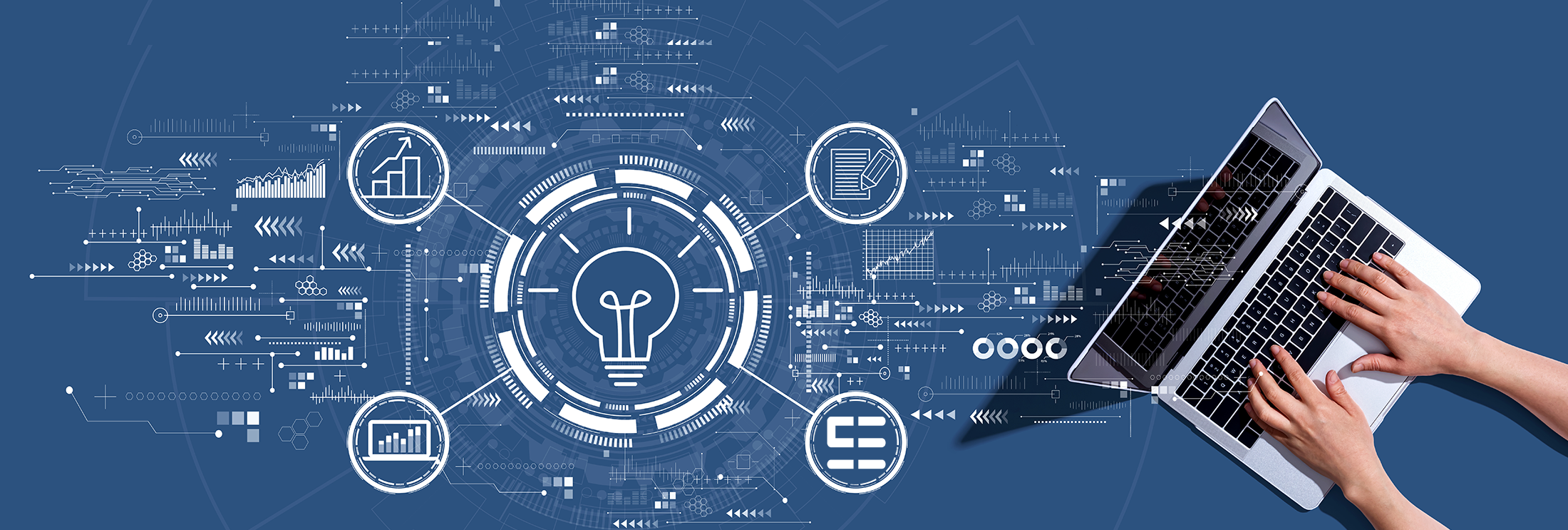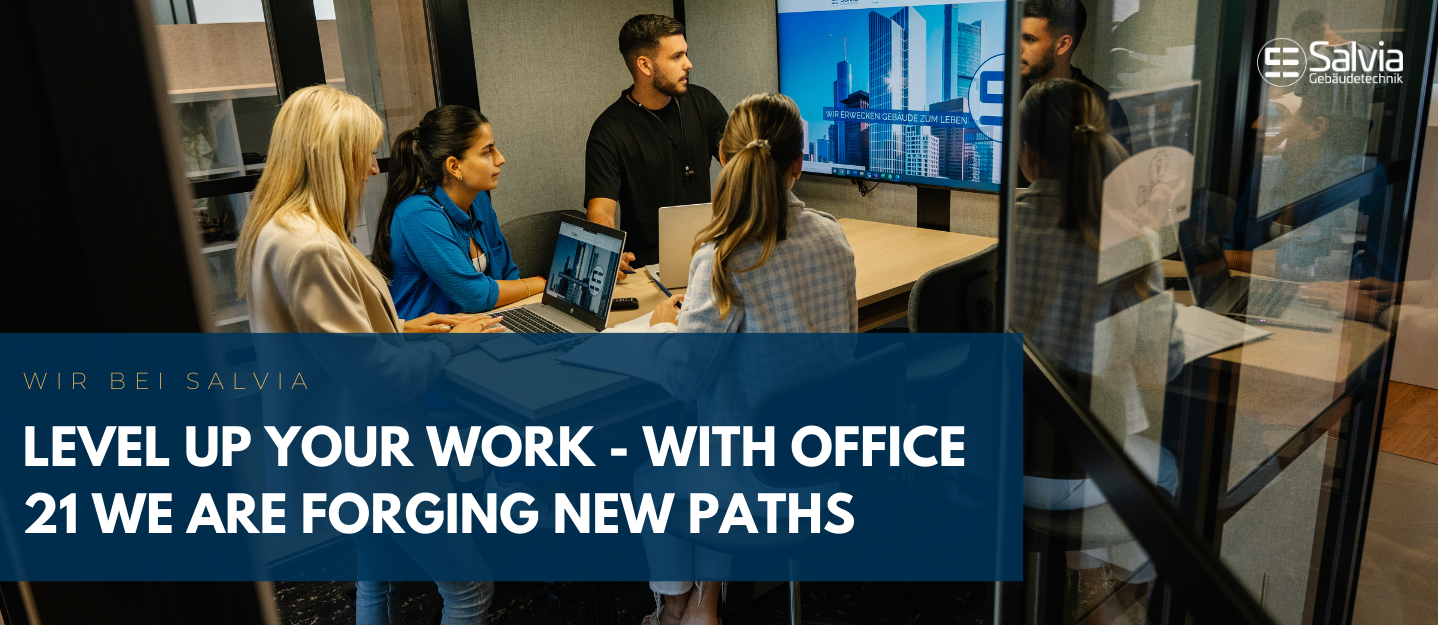The average person spends a third of their day at work. No wonder a bland working environment can make for a bad mood and poorer performance. The workplace has become more than a small room with a table and a PC, which until a few years ago was called an "office".
Work is changing – workflows are being optimised, workplaces are varying, work and private life are merging more than ever before. In the future, too, we will have to face further changes in the world of work. We want to move with the times today in order to develop in the best possible way. It is not for nothing that our administration building in Eislingen is one of the most modern buildings in the region.
The new working opportunities are only the first step towards the future. In cooperation with Fraunhofer's IAOs Office 21 and other partners from the industrial sector, we are researching the changes in the world of work and developing concrete options for action to successfully design and introduce this future world of work into our own company. The following points in particular are part of the agenda: communication, concentration, well-being, productivity, motivation, creativity and innovative capacity of and in companies.
How exactly does that work?
In a research period of 12 months, together with Office21 and other network partners from industry, we are investigating the driving factors of Working World 4.0. This research phase is divided into three so-called sprints, each of which identifies, evaluates and condenses the current state of science and practice on the defined topics over a period of 4 months, in order to develop blueprints in the form of model solutions or action pointers on this basis in a co-creative process. However, the process begins with the identification of white spots before the sprints. This means that the current state of studies is reviewed and relevant profiles with their core statements are created. A common interest in knowledge is then defined in order to further sharpen the research questions.
The three sprints are defined as follows:
Sprint 1 - New Employee Typologies & Attractors for Office and Campus Environments
- What requirements do employees have of the office and the campus environment?
- How can users be typologised and planning and investment parameters derived from this?
- Which functions, technologies, services and emotions attract employees back to the office?
- How can occupancy be managed in a climate-friendly way (e.g. eco-score or digital-social booking systems)?
Sprint 2- Hybrid meeting rooms vs. next generation virtual meetings
- How can virtual and on-site participants work together without friction and on an equal footing? What role does space play?
- New practices analysis and conception of hybrid meetings and the necessary spatial and technical infrastructures.
- Outlook - cooperation in the metaverse
Sprint 3 - Post-Corona Office Concepts and Innovative Usage Models
- Synthesis of the user typologies
- Derivation of requirements for operator models
- Development of new models for office and staging concepts taking into account utilisation efficiency and user added value
- Consideration of different home office concepts
- Consideration of economic aspects (SWOT analysis)
Regular meetings are held to report on the current status of each Sprint topic. The Office 21 network meets up to three times a year, each time for two days in different cities in Germany and other European countries. In between, there are up to three virtual meetings per sprint.
The subsequent empirical study consists of up to three web-based surveys on the Sprint topics. The definition of the research interest is carried out jointly by the partners. The studies should address both current and future issues and close white spots.
Topics that become topical due to the dynamics of the world of work are to be dealt with in the context of pop-up formats in the form of lectures within the Office21 network or with external experts, roundtables to discuss approaches to solutions, presentation of innovative concepts.
Read more about Office 21 here: www.office21.de
What do we want to learn from this cooperation?
Within the framework of our cooperation with Office21, we have made it our goal to be able to advise our customers even better on the implementation of technical building equipment. We achieve this by learning more about the new, future working conditions and successively implementing the jointly developed recommendations for action and strategies. We are also pleased to have found new network partners through this cooperation and to be able to initiate joint projects with them in the future.

